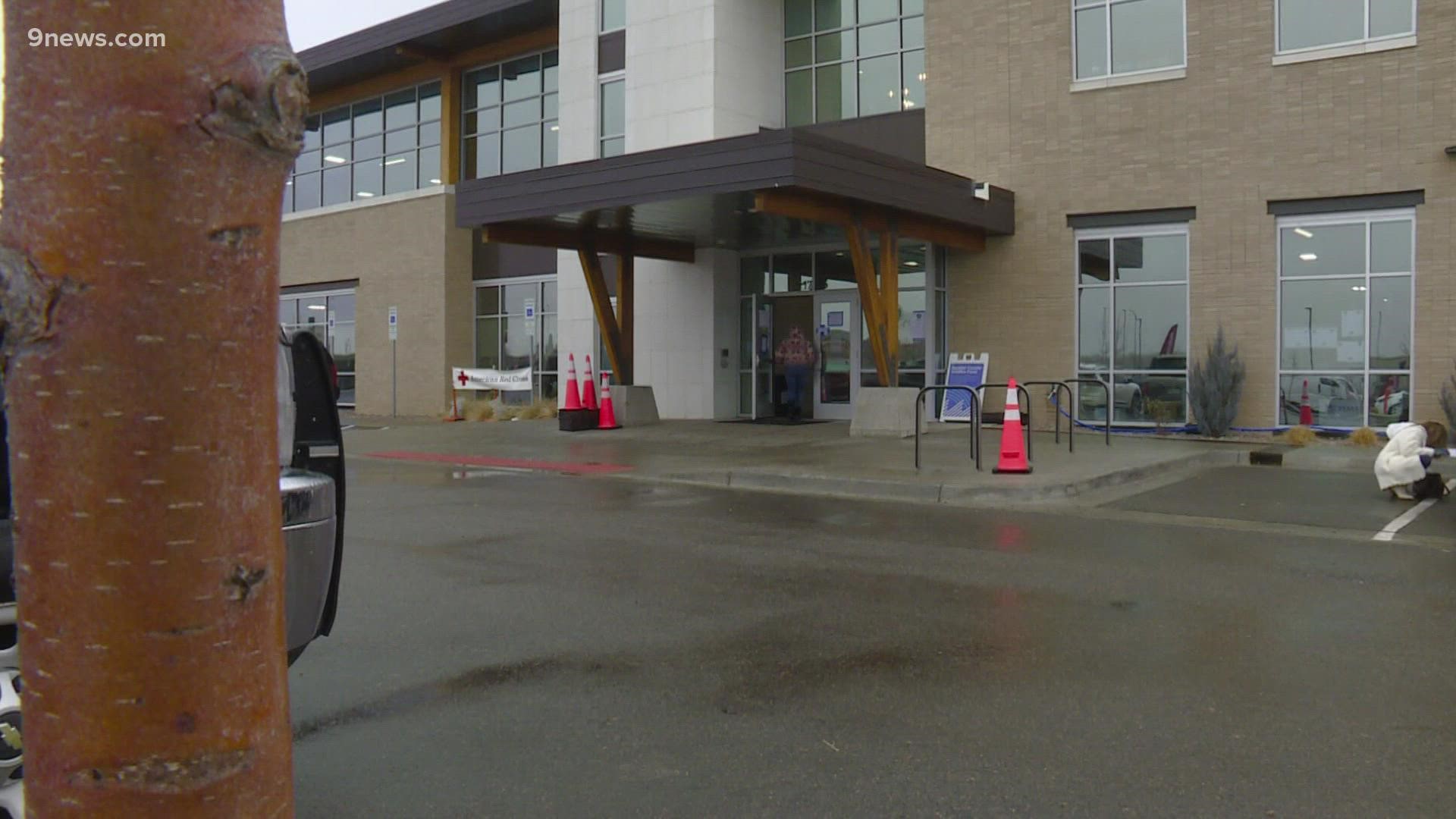BOULDER COUNTY, Colo. — For the last few weeks, homeowners impacted by the Marshall Fire have gone to the Disaster Assistance Center (DAC), to figure out what to do next but for some a language barrier has made that process challenging.
Boulder County is looking for cultural brokers to help families with different backgrounds navigate the recovery process.
9NEWS spoke to Maciel Leon, the manager of the Boulder County Cultural Brokers Resilience Program, as well as Consuelo Elizabeth Shannon, Ph.D., an engagement team member for the Disaster Assistance Center, about cultural brokers and the need for more.
What is a cultural broker?
Leon: A cultural broker usually is a trusted member of a specific community, but over the years and over time, it’s become much broader. So a cultural broker is someone who not only creates trust but they improve the assessment and the care of their communities needs. They are familiar with systems and how to navigate those systems.
It’s more than just language. A lot of cultural brokers do provide that language capacity for the people that they’re working with, but it’s really about access to resources, care and really making those connections. Because as you can imagine, especially in regular life, it’s really difficult, but even in a type of crisis it’s even that much more difficult to really understand and know what is available.
Shannon: It's more than just translation; it’s really connecting. Specific to the DAC, we’ve definitely talked about trauma and how a trauma and loss has impacted the individuals and families who have come to the DAC.
What do cultural brokers do or provide?
Shannon: When you walk in there and you’re trying to navigate the language, the system and the way everything looks, it’s helpful to have a companion and that’s exactly why they're there not just to support and understand the content – but to go with you through that process and really to partner. So that’s what we hope to offer with the greeters and the cultural brokers in that space.
Did this idea manifest out of need?
Leon: Yes. The first few days at the DAC, as you can imagine, there is just a flurry of people coming in and as we were seeing people come in to the Disaster Assistance Center. We started seeing the need that were coming in not only about resources and what do I do next but also we’re seeing communities where we needed more of that connection through language.
We needed people that could really connect to them to really walk them through the process of what was available at the DAC for them. We were seeing a lot of different languages that, although we did have staff and people that are bilingual, we did not have all the languages that were coming into the front door. So we started making the efforts to try and connect with our cultural brokers who have the capacity and who have those resources to come on in and be part of that process to assist the people that were walking through the front door and provide that support.
What languages or cultures are you seeking volunteers for?
Shannon: In terms of the language in the culture we are definitely leaning into the Napoli, Hindi, [Mandarin], Korean, Spanish and Hmong.
We are hoping to continue this layer of support within the system and of course we are continuing to design it based on need and gap of services. We are hoping to continue this process through the recovery efforts whether the DAC is there or not.
Why is it so important to provide these services?
Leon: I think when you look at the bigger picture and we look at the history of critical incidents, we always come across communities that fall in the cracks and fall in the gaps and this is one of the ways that we are hoping to mitigate that. One of the founding reasons why cultural brokers exist is, we’ve noticed that are a lot of communities that do not get the communication that everyone is given or don’t know how to access that information or they’re not familiar with systems.
I think there’s always that sense that we can do more, we can connect, we can create trust and it really begins just by understanding and by learning what is out there and how we can grow as a community.
If you are interested in volunteering as a cultural broker you can contact the program leaders at: CAP@bouldercounty.org.
SUGGESTED VIDEOS: Marshall Fire coverage, Boulder County, Colorado

